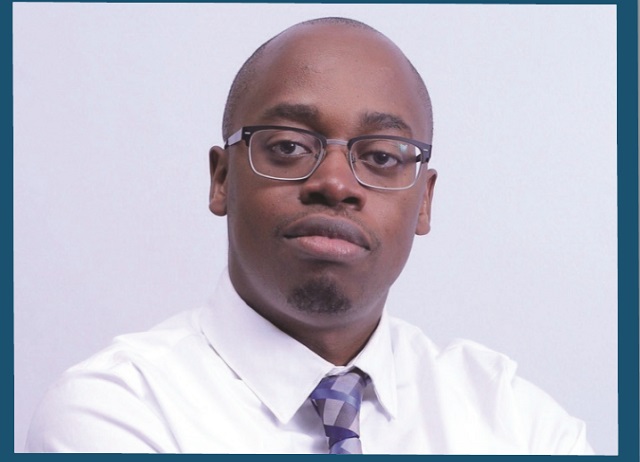
Dr. Davis Musinguzi is the managing director of the Medical Concierge Group (TMCG). He spoke to The Independent’s Agnes E Nantaba about the effectiveness of digital health in improving accessibility and affordability of health care across the country.
What are the key elements in your management philosophy as a manager?
It’s true that doctors are not trained in management and there are lots of things about management that don’t come naturally. That is why there are not so many successful doctor managed health care businesses. I was only fortunate to have the experience of managing projects but also went ahead to study MBA in health care management. At TMCG, most of the people who work with us are in a certain age group between 22-35 years, and as a result, there are certain characteristics on how they perceive a work place and how they would like to be managed. Such people like to be managed by results or output.
So, we use a lot of productivity tools internally to evaluate output where people are able to know what has been completed and under progress. We are very open because we believe that we are more of peers and what each one does is equally important to others us all.
What is your assessment of Uganda’s health care system in terms of access, affordability and technology?
Health care in Uganda is a very interesting case study largely because of our history of epidemics like Ebola and HIV/AIDS but for the longest time Uganda has been on progress. However, there are areas where we have fallen short.
For instance, managing and reducing maternal mortality or even looking at the quality of public health care services and issues about the shortage of human resource.
Other challenges are related to the rising cost of health care amidst a very low penetration of health insurance as most people end up in financial catastrophe especially in cases of chronic illnesses. It is as a result of some of these challenges that drove us to create innovative solutions to increase access, improve affordability and quality of health care.
Your core mandate is to strengthen the health of individuals in Uganda and Africa. How are you working to achieve this?
We have envisioned leveraging on mobile phone penetration of about 70 % and about 13 million internet users. Health care is unpredictable and so having a means of communication becomes a very powerful tool in increasing access. Previously, the only way to access a doctor was visiting hospitals or premises of work but now people use social media tools as opportunities to engage a doctor. And in so doing doctors are able to serve as many people as people.
ICT solution also drastically reduces waiting time as several conversations can be managed at a time rather than concentrating on just one. It also reduces costs associated with seeing a doctor including travel and waiting in a queue without being sure of the associated medical expenses on consultation, treatment and drugs.
In addition, there are more opportunities for us to audit the clinical care through review on the presented complaints, treatment plan and response of the patient.
How do you integrate ICT platforms to support increased access to healthcare in Uganda?
We build the services around people’s mobile devices and internet. We also set up our own technical infrastructure that is the call centre locally to handle all the necessarily services. We have are connected to mobile network operators to integrate mobile money in our services.
TMCG service is most used by those living in urban and peri-urban neighborhoods. How do you intend to scale up this service to include more people in rural areas?
We are reaching rural population through partnerships with development projects working around HIV and TB among others that target people in rural areas. They normally come up with a work and financial plan that can meet our costs to provide services to those people because that is how we also make revenues. At this stage, patients are always asked to consent to receiving our services where do follow up to ensure that she or he receives treatment.
At some point, you unveiled plans to roll-out in other countries like Nigeria. How far have you gone in implementing the move?
We are already incorporated in Kenya and Nigeria, and we are at the moment putting together products that will be in these new markets because countries have different ways in which their health care system is structured.
For instance, Kenya has a National Health Insurance Fund which is not present in Uganda and yet that would drastically improve health care service delivery in Uganda. We are at 70 % of hiring the right people.
What other challenges limit access and service provision in Uganda’s health care system?
The rise of chronic diseases. To deal with such diseases requires that people make lifestyle changes if we are to make any positive impact. This is not something we can do in a context of the hospital setting. Lifestyle changes require sustained effort in terms of dietary guidance or pushed towards physical exercises, which approaches are not structured very well into our hospital system and yet they are expensive conditions to treat over long term. What needs to be done is a transition towards home based care.
What is your projection of TMCG in the next few years?
We should be a leading digital health provider across the African continent providing as much home care and digitally supported as we can.
****
 The Independent Uganda: You get the Truth we Pay the Price
The Independent Uganda: You get the Truth we Pay the Price






I would like to join you
But let me know how much I will earn when I go to Dubai